Dec 10, 2021
Money lessons and regrets from Canadian business leaders
, BNN Bloomberg
Canadian inflation surges to 18-year high
BNN Bloomberg asked some of the country's most prominent investors and business leaders about how their approach to personal finance has changed over the years and the invaluable lessons they learned along the way.
Stephen Poloz, former Bank of Canada governor and special adviser, Osler, Hoskin & Harcourt LLP
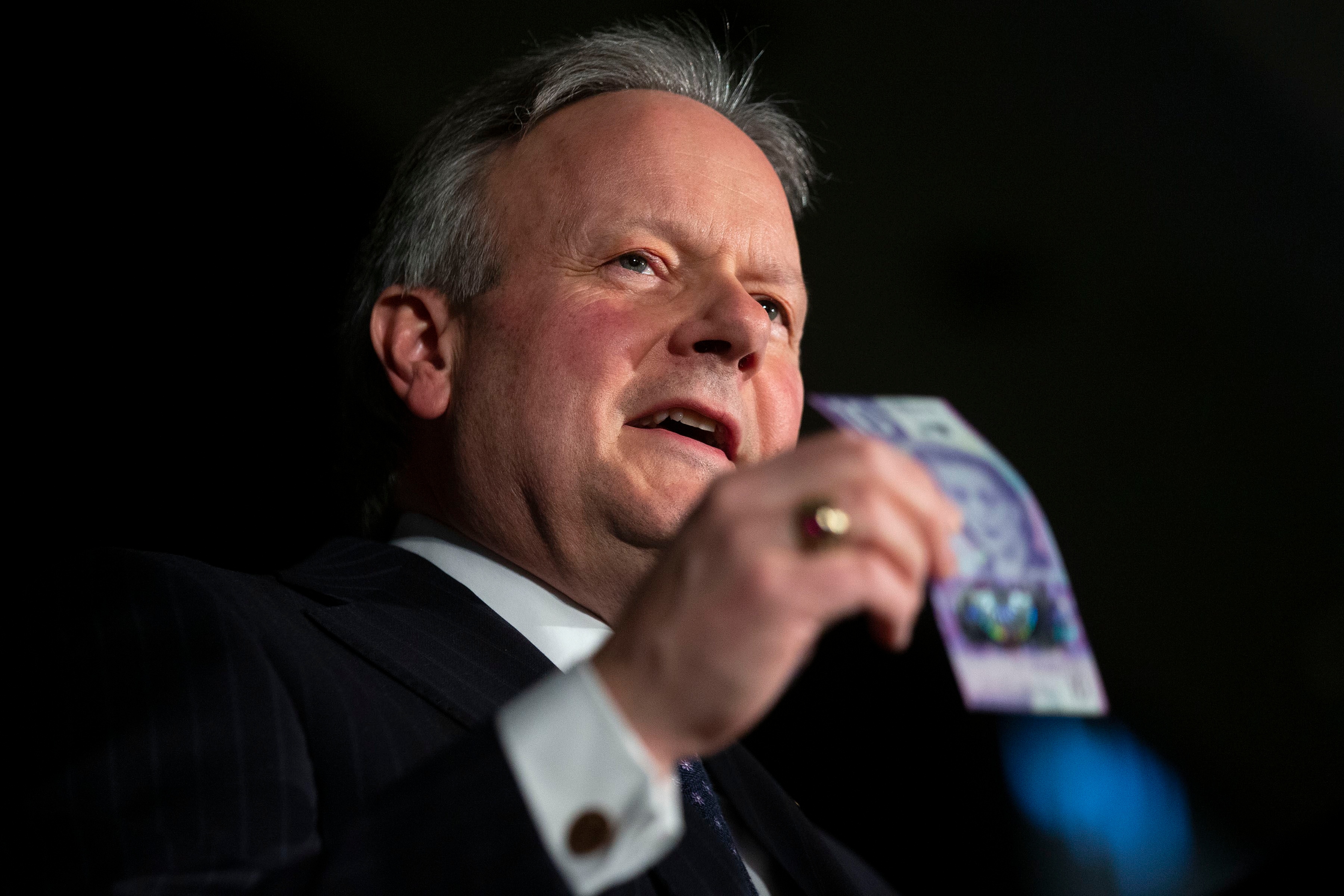
1. What would you tell your younger self about money?
I had very little when growing up - except jobs - that is. I was confident that if I worked hard, I would achieve a better standard of living than my parents. It was 'hand-to-mouth' the whole way. I basically had no savings to back me up if things went south. I got lucky, as it all worked out, but I would tell my younger self to put some money away early and forget it was even there. The world is much more volatile nowadays, so having a savings buffer is even more important now.
2. What money habits have served you best throughout your life?
Tip well in restaurants. Servers have a tough job, and they deserve it.
3. What is your biggest money regret?
I've paid far too much interest on debt in my life. At least the next generation should not have to.
Peter MacKay, former minister of justice and attorney general of Canada and senior counsel, McInnes Cooper

1. What would you tell your younger self about money?
Pay closer attention to trends and various economic impacts, taxes, interest rates, and inflation. The issues that often go unnoticed by a younger generation. I was always frugal (my family might say cheap), but investing in registered retirement savings plans (RRSPs) and tax free savings accounts (TFSAs) early, even in small amounts, will over time both accumulate and save tax payments. My granddad told me it's not what you make, it's what you keep.
2. What money habits have served you best throughout your life?
Avoiding debt to the greatest degree possible and living within my means. Looking for practical ways to save money is a lifelong journey. The earlier you start, the sooner you will reach a higher degree of financial security.
3. What is your biggest money regret?
I wish I had bought more property. Land is a solid bet. They are not making more of it.
Michael Emory, founder, president and chief executive officer, Allied Properties REIT
1. What would you tell your younger self about money?
Money is about freedom, not consumption. You need much less money to be free than you do to engage in a lifetime of conspicuous consumption, which no one can make enough money to keep up with anyway. It's a bit of a losing game, and you become enslaved to it.
2. What money habits have served you best throughout your life?
Spending less than I earn. Borrowing reasonable amounts of money to fund the acquisition of assets that either enhance lifestyle or generate income. Never borrowing money for consumption.
3. What is your biggest money regret?
I regret the bad investments I've made, but if you're going to invest at all, you really can't avoid them. No one gets it 100 per cent right, there is no perfect track record. You do have to make sure, however, that the good investments more than offset the bad ones.
Michael Katchen, co-Founder and CEO, Wealthsimple
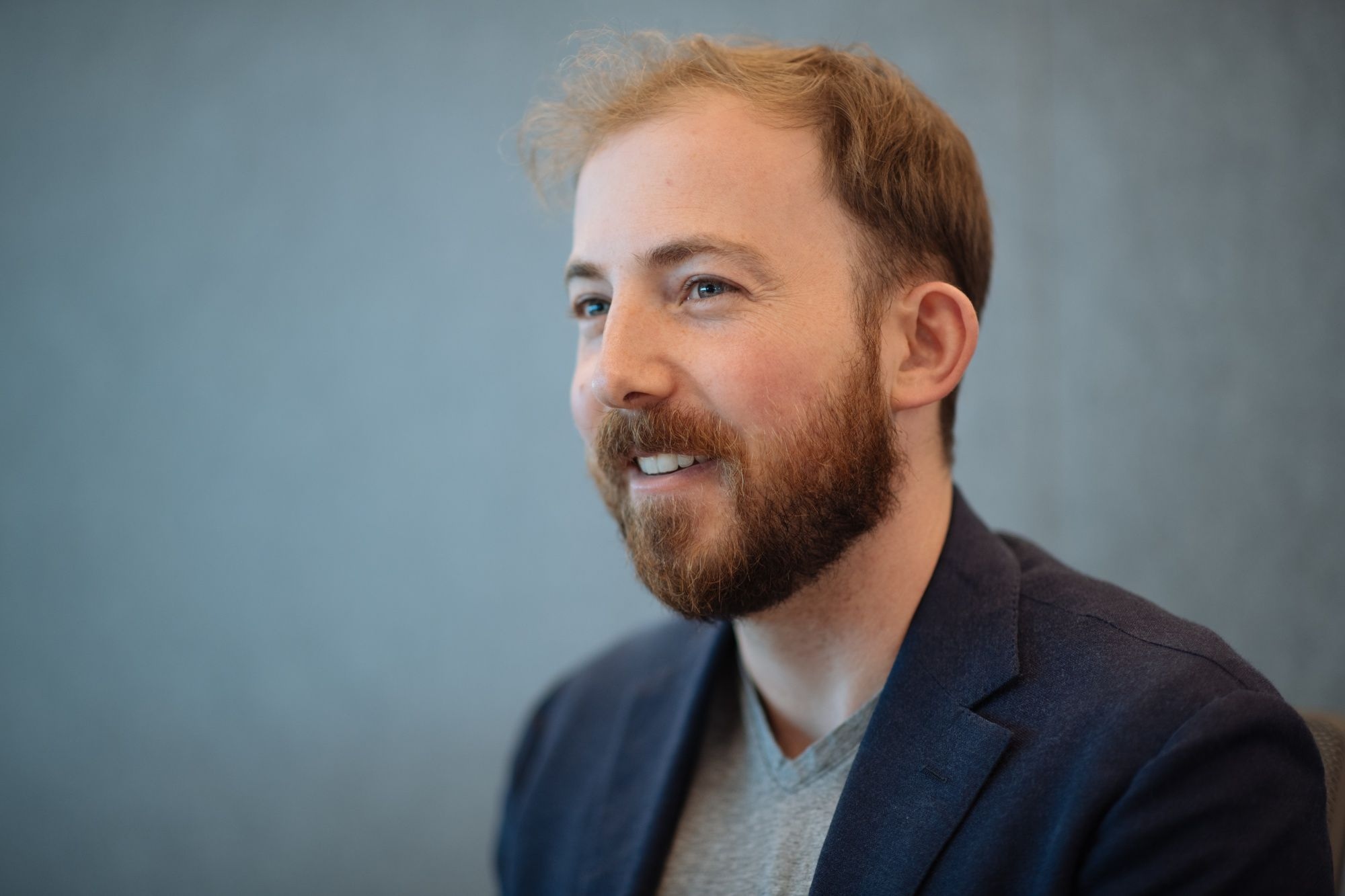
1. What would you tell your younger self about money?
Investing is all about discipline, habits, and behaviours. Systems that compound will deliver huge returns, but you have to be patient. Chasing short-term gains doesn't work. The sooner you start, the better. Also, make sure you diversify your investments. There are many different ways to invest. Investing financially for the long-term. Investing in yourself and your education when you are young probably has the biggest long-term payoff. Investing in your wellness. Investing in your relationships and your community.
2. What money habits have served you best throughout your life?
I would say there are three key habits: pay yourself first, automating good behaviours, and of course, avoiding debt.
3. What is your biggest money regret?
I've always been very disciplined about saving, so my biggest regrets are probably the times I chose not to spend. For instance, foregoing a trip I could afford because I hesitated to spend the money. I'm not advocating for a "you only live once" approach to spending, but it's important to remember that money is just a tool. If you're not using what you can afford to spend on the people you care about, experiences you want to have, or causes you care about, what's the point?
Stephen Jarislowsky, founder and former chairman, Jarislowsky Fraser
1. What would you tell your younger self about money?
In times of market panic, add to your investments and always retain three years of living reserves. I never had debts.
2. What money habits have served you best throughout your life?
Doing the research and connecting personally with boards whose members will have an excellent ethical management style and are involved in growing industries. This, and, buying quality stocks without much trading.
3. What is your biggest money regret?
Early in life, I tried to do well too fast, which led me to mixed results.
Monique Leroux, senior advisor, Fiera Capital, former president and CEO, Desjardins Group, and board member, BCE Inc
(Disclosure: BNN Bloomberg is owned by Bell Media which is a subsidiary of BCE Inc.)
1. What would you tell your younger self about money?
The amount of money you have to save is not important. It is a journey and what matters is how you will invest that money. Start small and create a healthy habit.
2. What money habits have served you best throughout your life?
When I was about 12 years old, I started working as a pianist for a ballet teacher, then an organist at a church, and later for my parent's shoe store. That allowed me to make some money and put everything aside in a savings account. Money was never a taboo subject in my family. We talked about it openly, as from a young age, I was helping my parents with the accounting and the inventory of the store. It sparked my interest in understanding how to make money. Today, I have the same transparent conversations with my daughter.
3. What is your biggest money regret?
I wouldn't say a regret, but I wish I had taken the risk of starting a business and becoming an entrepreneur. I would have loved to put my energy, ideas, and money to work and build my business and wealth. It is not just about money; it is also about creating long-term value for people and society.
David Rosenberg, president, chief economist and strategist, Rosenberg Research & Associates Inc
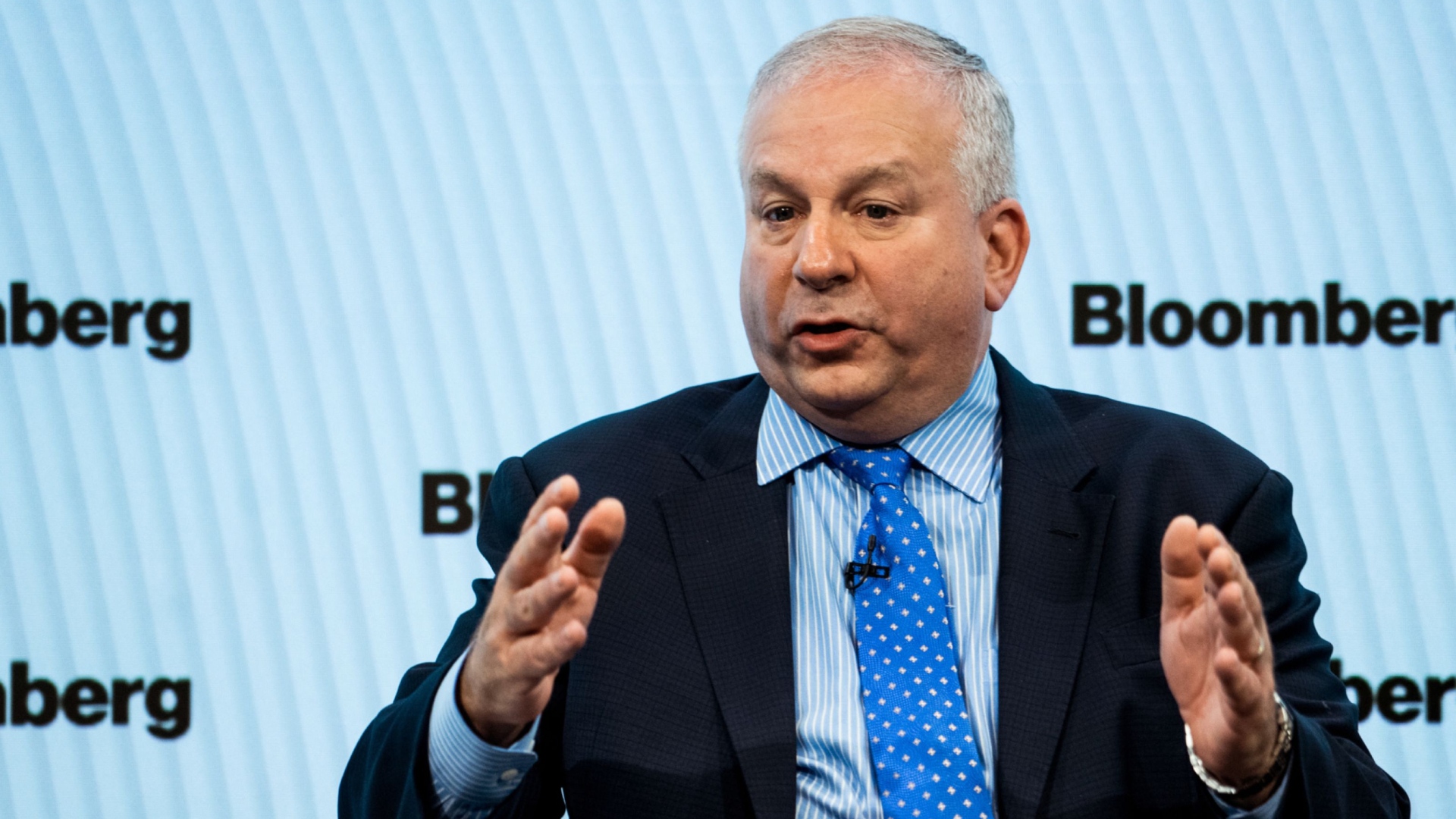
1. What would you tell your younger self about money?
I would tell my younger self now what I would have said back then. Don't put all your eggs in one basket. Set aside a prescribed amount of the paycheque for savings and investment. That means being disciplined at all times. Have a contrarian streak. And always find room for charitable causes.
2. What money habits have served you best throughout your life?
Staying out of trouble, which means never try to time the market. I never bought at the lows and I never sold at the peak. I played the middle 60 per cent.
3. What is your biggest money regret?
I actually don't have any money regrets. That's the benefit of being raised by Depression-era parents, and I count my blessings for what I have. Perhaps if there is one regret, it is bypassing the opportunity to buy the unit I rented in lower Manhattan during my stint at Merrill Lynch.
John Graham, president and chief executive officer, Canada Pension Plan Investment Board
1. What would you tell your younger self about money?
Start investing early. And once you've made that decision, study the markets, take on more risk while you're young, and rebalance into risk assets during a downturn. Also, try to take a global perspective to investing and don't over-invest in your home market.
2. What money habits have served you best throughout your life?
Something I've learned in my current job is this: it's easier to make decisions for CPP Investments than it is to make personal investing decisions because CPP Investments has the advantages of scale and a long-term horizon. Once I personally began to invest, I made a point of studying the markets. I also set up a plan to consistently save money and to invest on a regular basis, making sure I had funds in reserve to be opportunistic during sell-offs. Finally, one of my best habits is simple: never panic when markets go down.
3. What is your biggest money regret?
It's not something I did, but something I didn't do. I should have taken more risks at an earlier age.
John Manley, former Deputy Prime Minister
1. What would you tell your younger self about money?
Be very respectful of money. It's hard to get and easy to lose. But money can't make you happy, nor is good health a commodity you can buy. Above all, make sure to choose a life partner with the same attitudes about money!
2. What money habits have served you best throughout your life?
When borrowing was necessary, paying down debt as fast as possible. Making saving a habit, and giving something to charity every pay period.
3. What is your biggest money regret?
I cancelled my critical illness insurance a few weeks before I was diagnosed with cancer. My insurer wouldn't pay, even though it was clear the policy was in effect when I had cancer. A CT scan before cancelling after nine years of paying premiums would have been wise.
Arlene Dickinson, CEO of Venturepark and cast member of Dragons’ Den
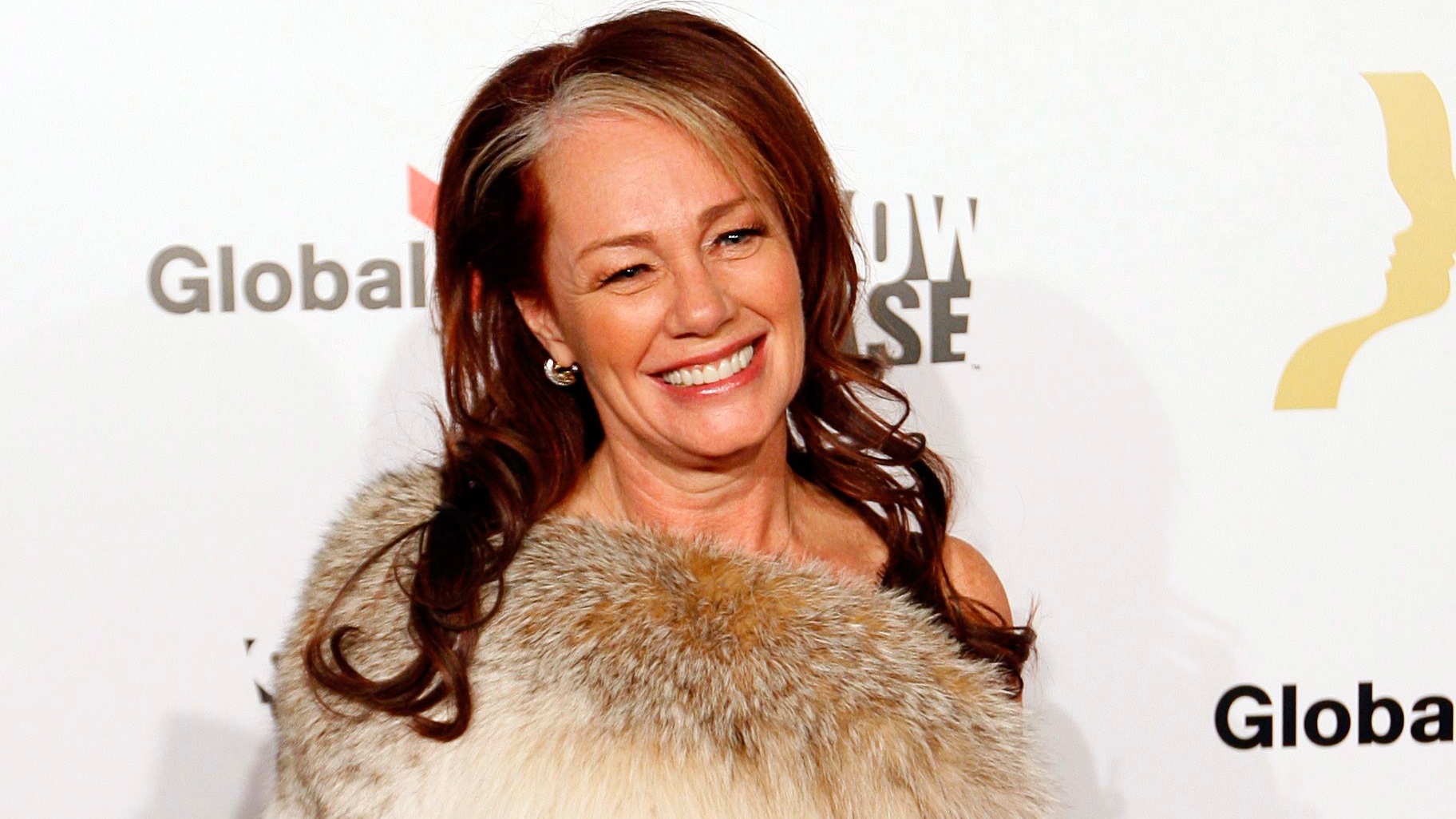
1. What would you tell your younger self about money?
Pay it forward. Not only in good deeds, but in savings. The 15 per cent of your salary you spend on indulgent items could form a sizeable savings account over time – allowing you to reinvest into something larger.
2. What money habits have served you best throughout your life?
I learned that the best investment I could make was in my business and in me. So, always make sure you're putting money back into your career pursuits and self-development.
3. What is your biggest money regret?
I waited too long to learn the basics of finance. The truth is that nobody will care about your money and financial future like you. You work HARD for money, so don't leave it with someone else to care for without knowing what's happening and why.
Ray Williams, vice chairman, National Bank Financial and co-founder and chair, The Black Opportunity Fund
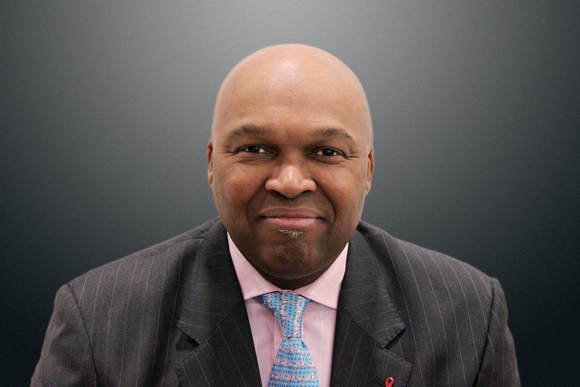
1. What would you tell your younger self about money?
Set at least 15-20 per cent of anything you earn aside for savings and investments. Financial literacy wasn’t something I was familiar with growing up. That type of education provides a head start and can help close the wealth gap, especially for those from economically-challenged communities.
2. What money habits have served you best throughout your life?
Budgeting appropriately, understanding the cost of your outgoings, managing the higher debt interest on a credit card, and debt consolidation where appropriate or necessary are all things that go a long way to leaving you not only in charge of your finances; but with some discipline and living within your means.
3. What is your biggest money regret?
Real estate creates intergenerational wealth, simply put. It is something that is sadly missing in economically-underserved communities that continues to widen the wealth gap in this country and makes it even more challenging for those without access to the bank of Mom & Dad. Ultimately, that’s detrimental to the whole economy.
Rhiannon Rosalind, CEO, The Economic Club of Canada
1. What would you tell your younger self about money?
Don’t ever be afraid of money – get curious about it. Before learning about budgeting, you should get a sense of your beliefs, values, and conditioning around money. It's not just about spreadsheets, interest rates, wages, and taxes.
2. What money habits have served you best throughout your life?
My best habit is 24, 48, 72-hour rule on making major financial decisions (the larger the amount, the longer you should think about it) and my ability to weigh risk and opportunity.
3. What is your biggest money regret?
HA! I have many regrets – I’ve had some business failures over the years, which is a tactical example, but I truly believe that my biggest regret is not getting help for my money avoidance tendency earlier. There was money trauma in my household growing up and I never realized how badly it was impacting my own relationship with money.







